
Despite facing repeated arrests, Vaughn-Spruce is determined to continue standing up for women and their unborn children.
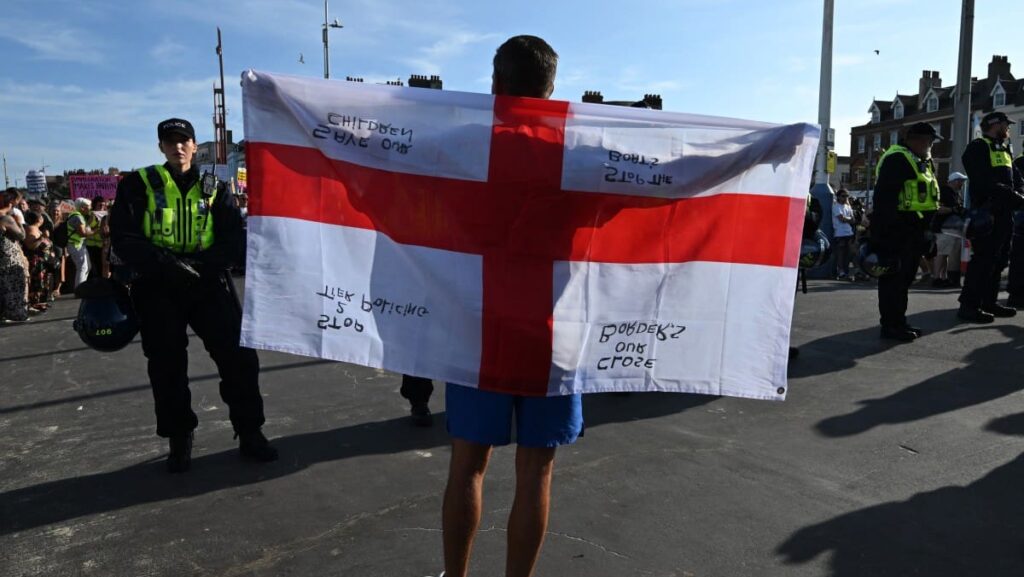
For decades, the British people have been voting for less immigration. For decades, they have gotten more immigration.

The survival bunkers of the elites are a sign that they are suffering from the same fears that grip so many ordinary people in a world coming apart at the seams.
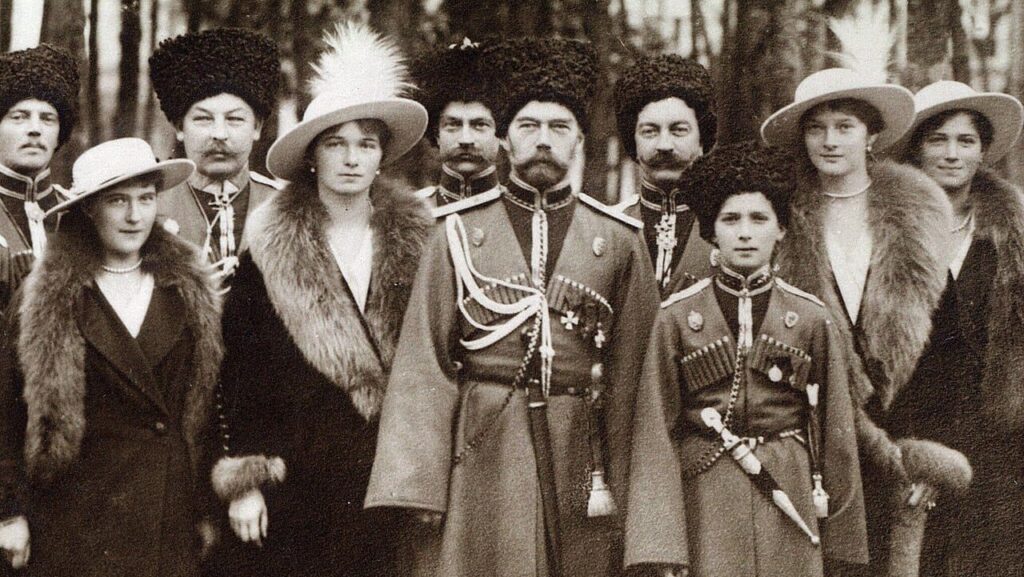
We return to the Romanovs time and again, not just because of who those children might have become, but because of what Russia might have been if they had lived
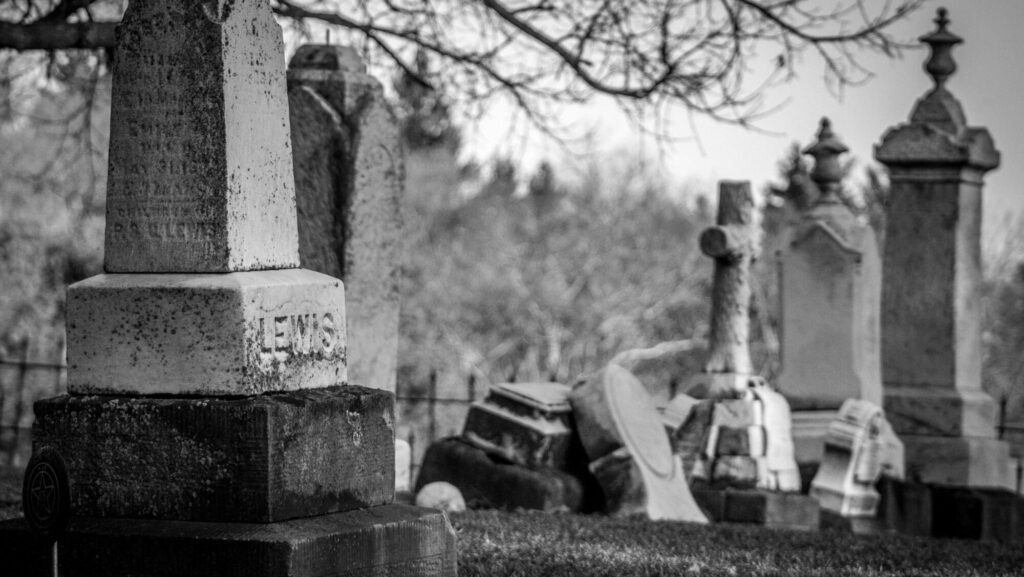
Vance’s decision to honour his forebears was a potent rebuke to those who insist that we scour history only for their sins.
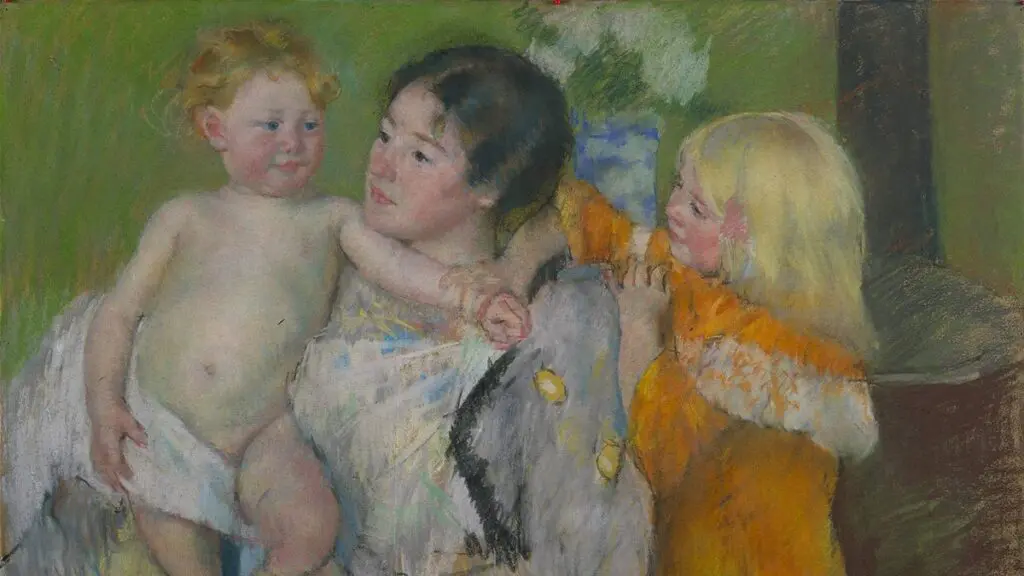
For corporations encouraging egg freezing, childlessness is the point.
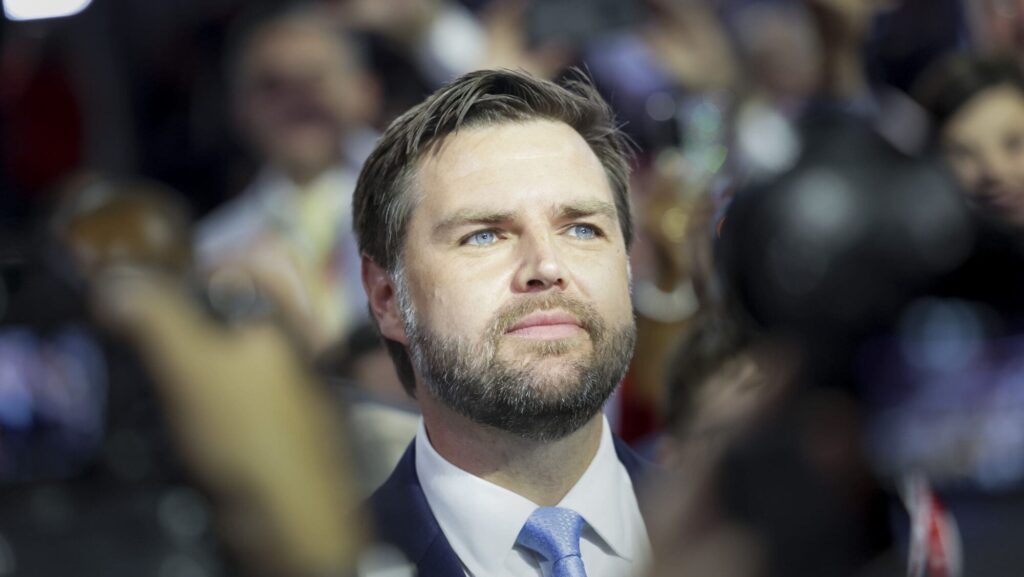
I hope Vance will prove to be a leader not merely of consensus, but one with the courage of his convictions.
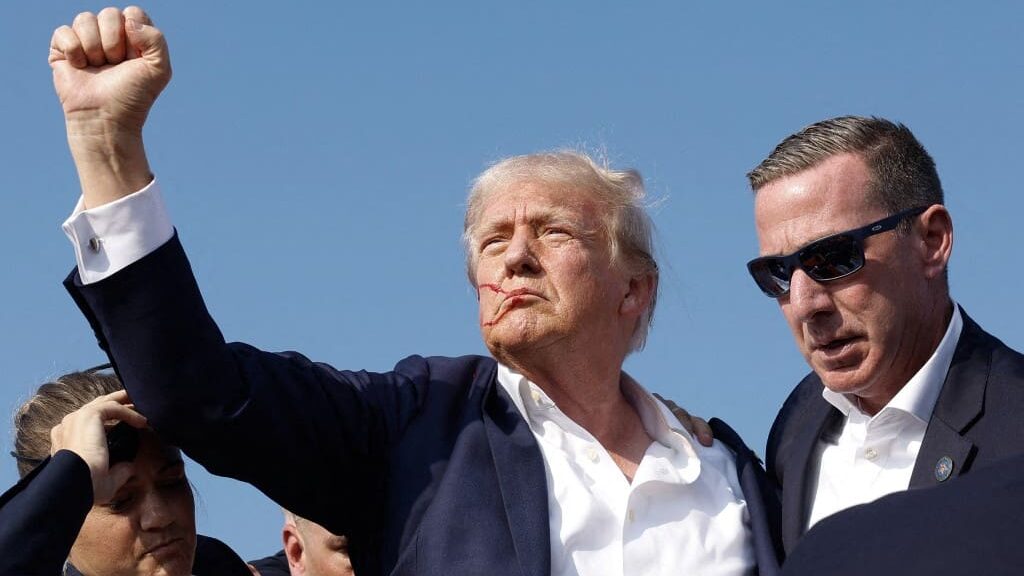
Pumping his fist in the air, Trump made history and cemented his status as an American icon.

Pro-life activists must be willing to take slings and arrows from powerful people and institutions.

Conservatives find themselves between anti-Western immigrants on the one hand and Westerners flying the ‘Pride’ flag on the other.

Hamas apologists are obscuring the truth, but the documentary Screams before Silence will ensure that the atrocities will not be forgotten.
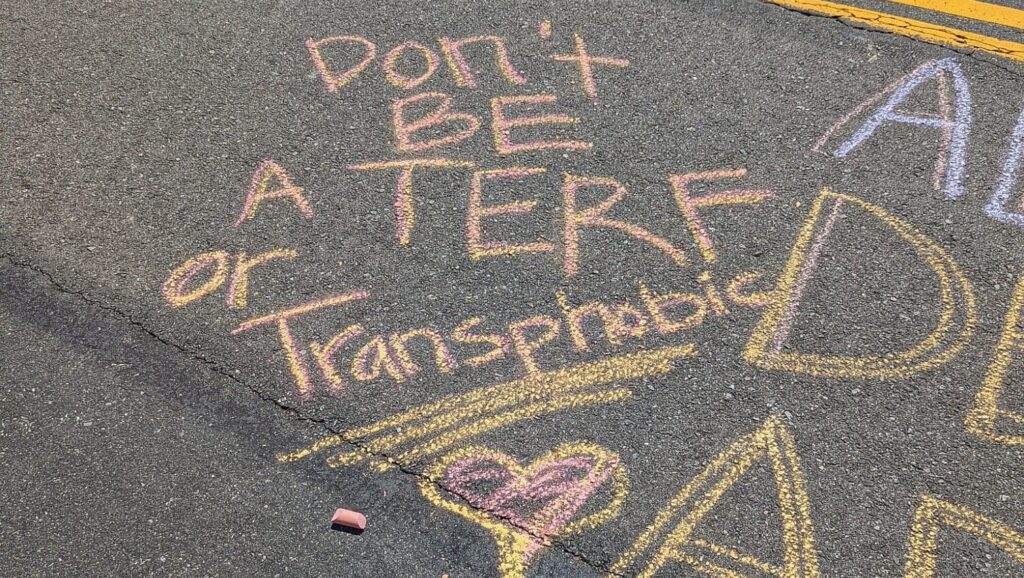
“I’m still shocked that so many women can believe that a man can become a woman.”
To submit a pitch for consideration:
submissions@
For subscription inquiries:
subscriptions@